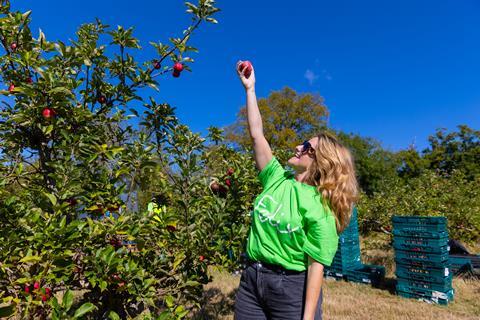
The Felix Project has rescued a third fruit crop due to commercial unviability, adding to an increasingly stark picture of UK apple growing.
London’s largest food distribution charity started picking apples from Hazel Street Farm in Kent, which donated the orchards as the crop became less financially viable.
Although the retail price of apples has risen in recent years – 7.3% between 2024 and 2025 alone – a combination of factors, including rising production costs, government policy changes, and challenging weather conditions have threatened the industry, which earlier this year warned orchard numbers could halve over the next 12 years.
“We leased the apple orchards to a neighbour but this year they gave me notice because they couldn’t make a profit on our orchards,” said second-generation farmer Will Davenport. “Unfortunately, as the trees get older the yields decline and, combined with increasing production costs, they have become unviable commercially.”
Hazel Street Farm has sinced moved into growing grapes, he added.
“Of the 60 acres of orchards we have grubbed out 20 acres, but the trees are an important part of the local landscape and if managed sympathetically provide a great habitat for wildlife, and I really want to find a way to keep them,” said Davenport.
Felix also collects from Laurel Tree Farm in East Sussex and Little Mill Farm in Kent.
Apple orchards ‘could halve in 12 years without action’
“It is 70 years that family members have been growing and selling apples and dessert pears at Laurel Tree Farm, but doing so profitably has become increasingly and, latterly, impossibly difficult,” said Laurel Tree Farm owner Richard Stogdon.
“We are so pleased to be able to make this work and not have to close our operation altogether and potentially get rid of the trees,” he added
The charity said around 2,000 volunteers helped prevent more than 206 tonnes of fruit from going to waste in 2023 and 2024.
The charity has picked 113 tonnes of apples, pears and plums so far this season, but a report it released earlier in 2025 found around 180,000 tonnes of “harvested but out of specification” food could be suitable for redistribution.
“Currently a lot of this perfectly edible food goes to either anaerobic digestion or is made into animal feed, and does not go to the people that need it,” said Richard Smith, head of food supply at The Felix Project. “We know demand for food support is at record levels and so it’s vital we do all we can to access this incredible source of healthy fruit and vegetables.
“Our farm rescue work is showing what can be achieved, and thanks to the Defra funding this year we have been able to work with another farm.”
Smith added that the charity was calling on the government to introduce rewards for farmers donating their harvested but out of specification produce to the redistribution sector.







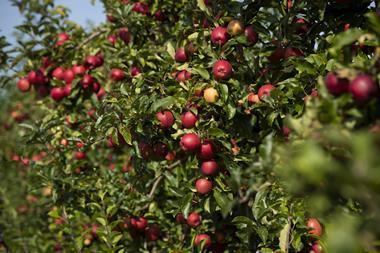
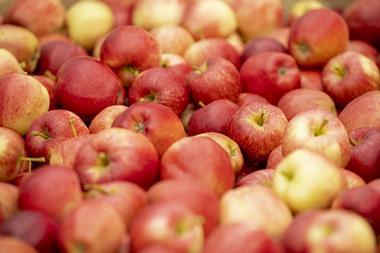

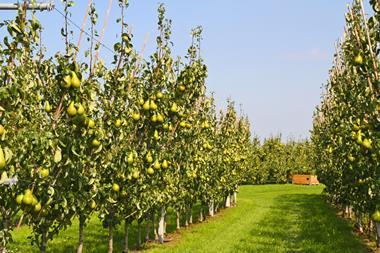
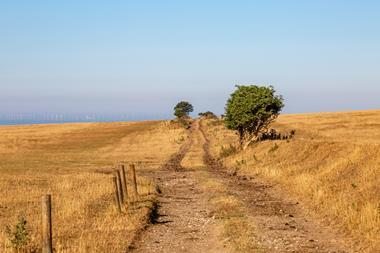
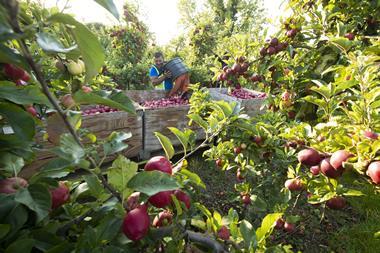
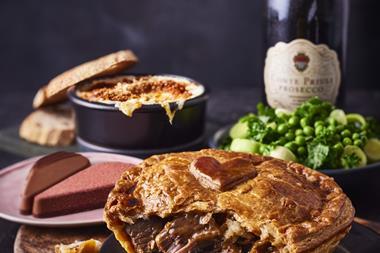
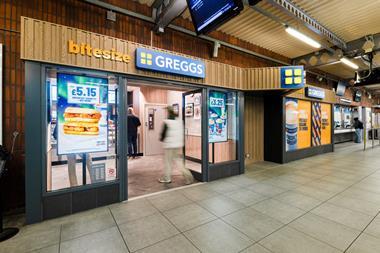
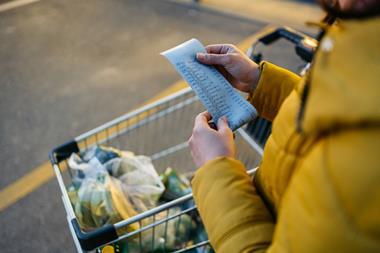



No comments yet